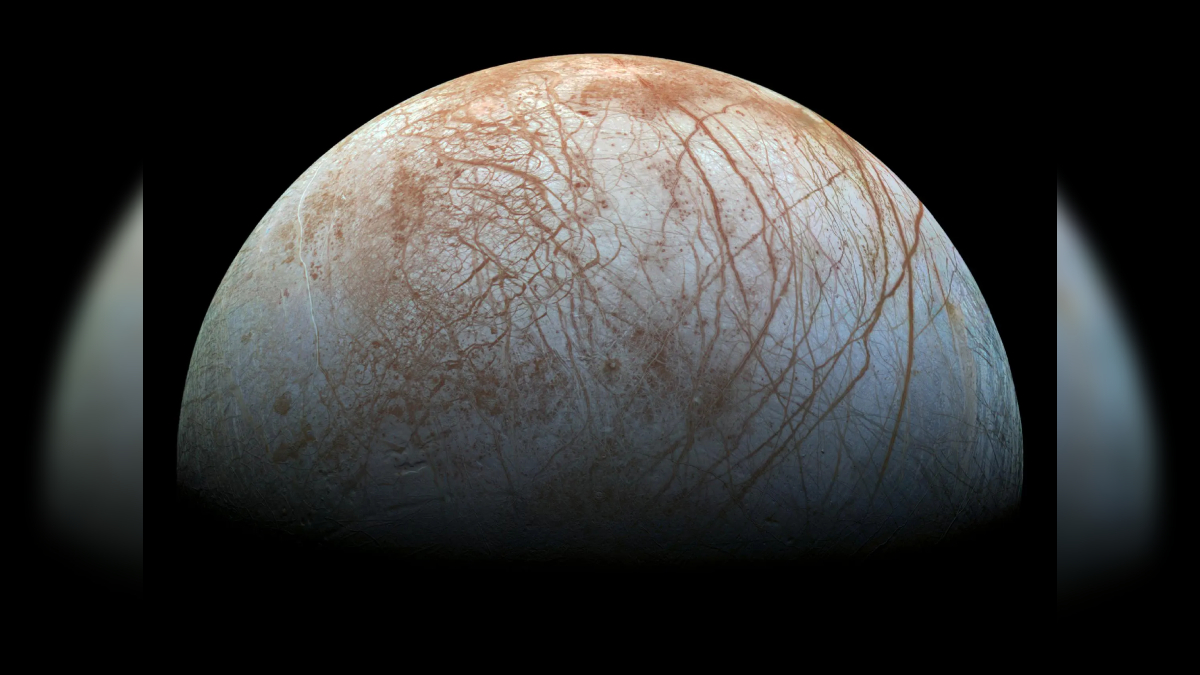NASA is preparing to launch its Europa Clipper spacecraft on a mission to study Jupiter’s moon, Europa, one of the most promising locations in the search for life beyond Earth. The spacecraft aims to explore whether the ice-covered world, believed to hold a massive underground ocean, could harbor conditions suitable for life.
The launch, set to occur aboard a SpaceX Falcon Heavy rocket from the Kennedy Space Center in Cape Canaveral, is planned for 12:06 p.m. ET (1606 GMT) on Monday. After a five-and-a-half-year journey covering 1.8 billion miles, the spacecraft is expected to arrive in orbit around Jupiter by 2030.
“There’s strong evidence that the ingredients for life exist on Europa, but we have to go there to find out,” said Bonnie Buratti, deputy project scientist for the mission at NASA’s Jet Propulsion Laboratory. However, Buratti clarified that the mission’s focus is not on detecting life itself but rather on assessing Europa’s habitability.
Europa Clipper, NASA’s largest spacecraft for a planetary mission, will study Europa’s ice shell, subsurface ocean, and overall geology through 49 close flybys. Scientists hope to determine the moon’s composition and the thickness of its ice, while searching for evidence of organic molecules, potential food sources for primitive life.
NASA’s planetary science division acting director, Gina DiBraccio, noted the broader significance of the mission, explaining that Europa is part of a class of “ocean worlds” which may be common beyond our solar system. “Clipper is going to be the first in-depth mission that will allow us to characterize habitability on what could be the most common type of inhabited world in our universe,” DiBraccio said.
Scientists speculate that beneath Europa’s frozen surface, there could be thermal vents similar to those in Earth’s deep oceans, where primitive life forms may have originated. As Buratti emphasized, “There is going to be something there—the unknown—that is going to be so wonderful that we can’t conceive of it right now.”






